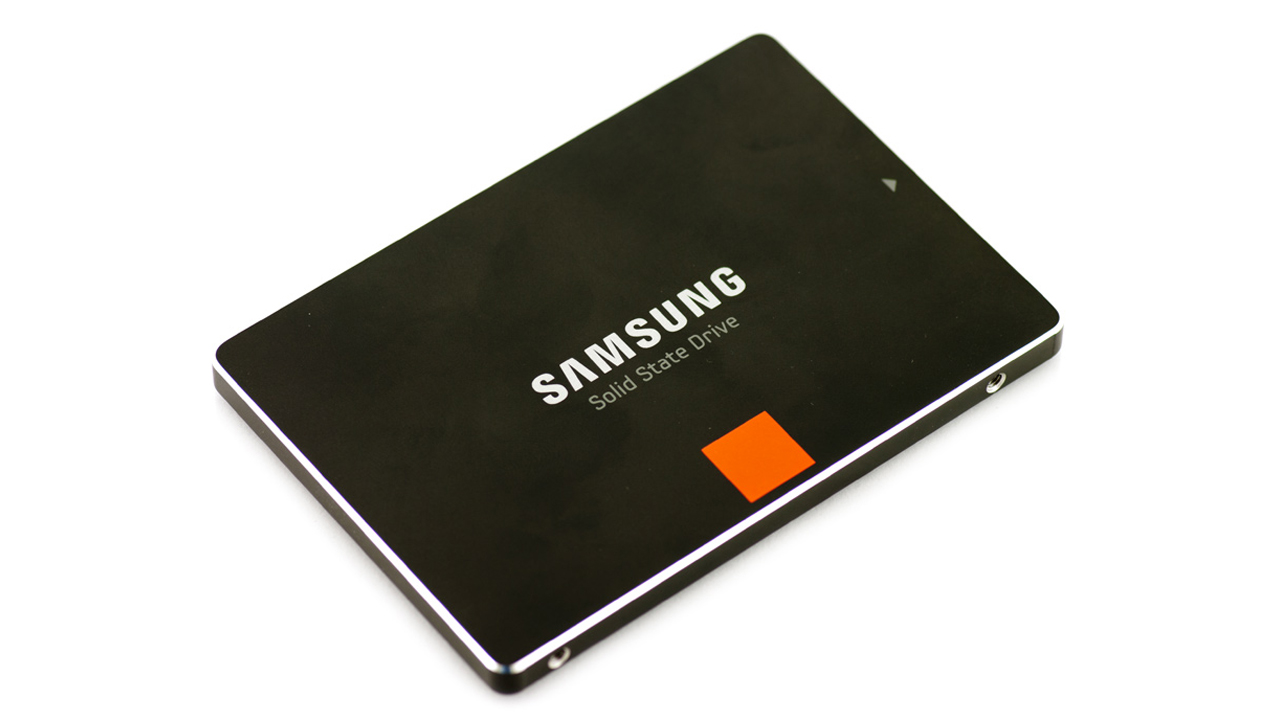Why new SSDs aren't just super fast, but super cheap
Samsung gives solid state a little TLC

The problem to date with SSDs has been a combination of measly capacity and patchy performance.
With conventional magnetic drives now measured in terabytes and available for apparent pennies, putting up with limited capacity on SSDs is hard to take.
The same goes for the performance and reliability problems that occasionally hit SSDs. Given the solid-state sales pitch, the tendency is to assume they're just going to work. And work really fast. Like plain old PC memory, otherwise known as RAM.
On the capacity issue, earlier this year we saw a major price drop in most SSDs, with the 120 to 128GB species falling to around £70 or so. That was welcome, but it's still not good enough. Not when 500GB is probably the minimum you want if you have a big games library and a load of other apps.
A little TLC
The big news here is the new Samsung 840 drive and its TLC memory. TLC, of course, stands for Triple-level cell. That's the next step on from today's multi-level cell or MLC memory. It boils dwon to the difference between storing three or just two bits of data per memory cell.
In very simple terms, that means 50 per cent more capacity in the same amount of silicon. What's more, this new TLC memory has also been shrunk down to 21nm in terms of process technology. That's a serious double whammy in terms of data density.
If there's some bad news, it's that I'm not expecting the new 840 to be crazy cheap at launch. It's probably mirror the £70-ish where mainstream SSDs have settled. But that's a launch price for a hot new drive. And it's only going to go in one direction.
Sign up for breaking news, reviews, opinion, top tech deals, and more.
Pro drive
As for the performance half of the equation, it very much looks like Samsung has just raised the bar there, too, with the new Samsung 840 Pro. Out goes the TLC memory, though we're still talking fancy new 21nm flash memory but of the MLC variety.
In comes huge IOPS performance of up to 100,000 operations per second. Now, it's often the peak read and write numbers that grab the headlines. The problem with that is twofold.
For starters, the SATA interface, even in 6Gbps trim, is increasingly putting the kybosh on peak performance. Which is why you see a lot of drives topping out at a little over 500MB/s in benchmarks.
Random access
Even more important is the fact that it's the IOPS performance that determines how quick drives are in messier, random access workloads rather than nice, sequential reads and writes. In other words, IOPS makes at least as much if not more difference to the feel of you PC or laptop – or tablet for that matter.
We're currently having a play with our Samsung 840 and 840 Pro samples and will have first impressions soon. But I've an inkling each will end up being a game changer in its own right. Of course, what I really want is the best bits of both drives. But that's still a little ways off.
Technology and cars. Increasingly the twain shall meet. Which is handy, because Jeremy (Twitter) is addicted to both. Long-time tech journalist, former editor of iCar magazine and incumbent car guru for T3 magazine, Jeremy reckons in-car technology is about to go thermonuclear. No, not exploding cars. That would be silly. And dangerous. But rather an explosive period of unprecedented innovation. Enjoy the ride.